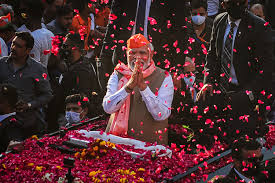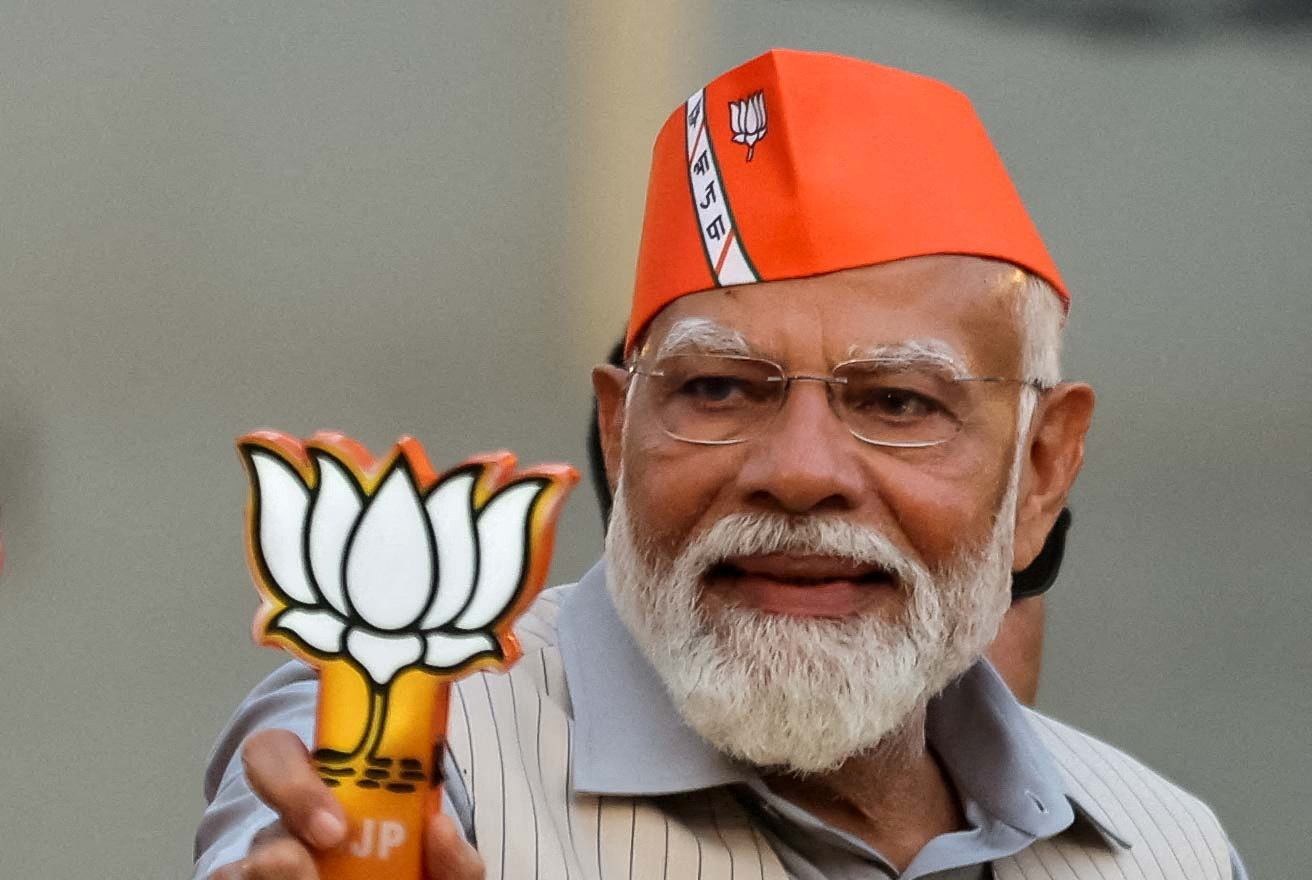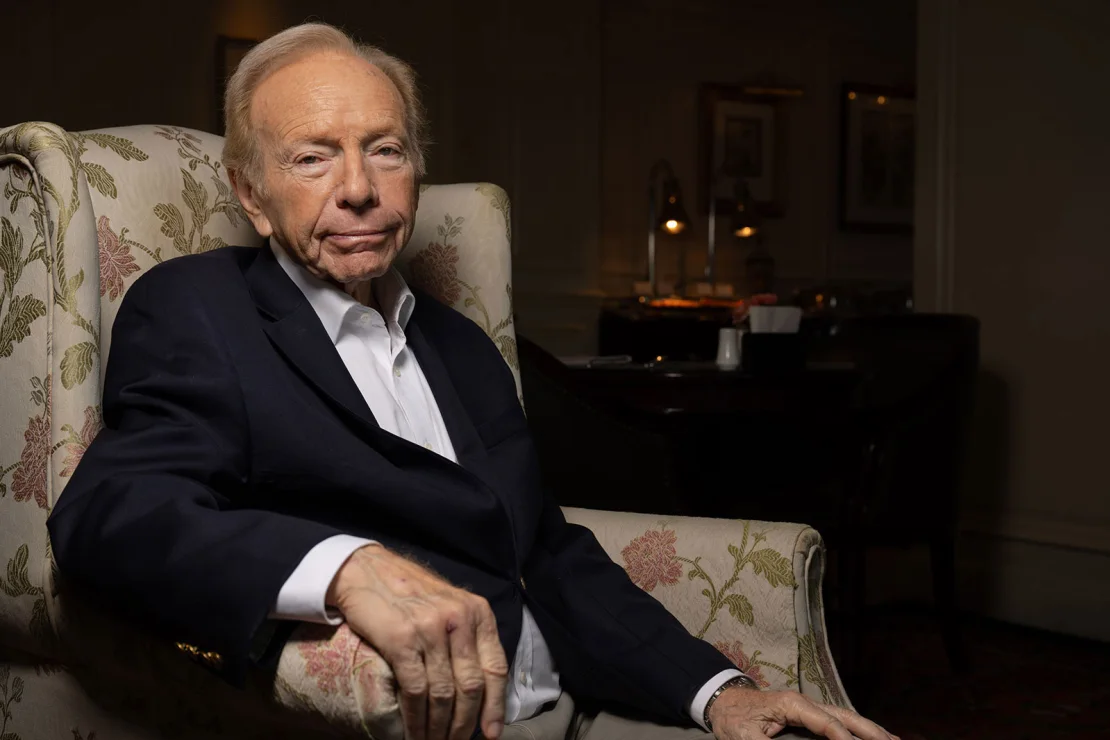India’s national elections are underway, and it’s widely expected that Prime Minister Narendra Modi will secure another term in office, further solidifying his already significant political dominance. With his Bhartiya Janata Party (BJP) likely to gain an even larger majority than in 2019, Modi’s tenure could extend to 15 years by 2029, the longest in Indian history.
However, Modi’s leadership raises concerns, both domestically and internationally. His government’s treatment of India’s large Muslim population, which constitutes 200 million citizens, has been a point of contention. Modi’s Hindu nationalist agenda has led to controversial actions, such as the construction of a temple at the site of the demolished Babri Masjid in Ayodhya, a move that has raised questions about religious tolerance and minority rights in India.

Critics, including author Siddhartha Deb, highlight the potential dangers of Modi’s vision for India. They argue that his policies are transforming India into a de facto Hindu state, eroding the country’s secular fabric and marginalizing non-Hindu communities. The implications of this shift extend beyond India’s borders, particularly concerning its relationship with neighboring Pakistan, which has a large Muslim population.
While some in the West view India under Modi as a counterbalance to China’s growing influence, others, including many Indians, are more skeptical. Concerns about the erosion of India’s democratic principles and the rise of majoritarianism under Modi’s leadership have led to apprehension about India’s future trajectory.
As India navigates these challenges, it faces questions about its role on the global stage and its ability to maintain its democratic ethos. The outcome of the ongoing elections will not only shape India’s domestic policies but also its standing in the international community.


